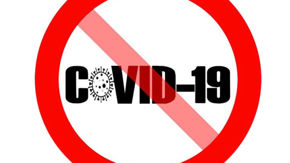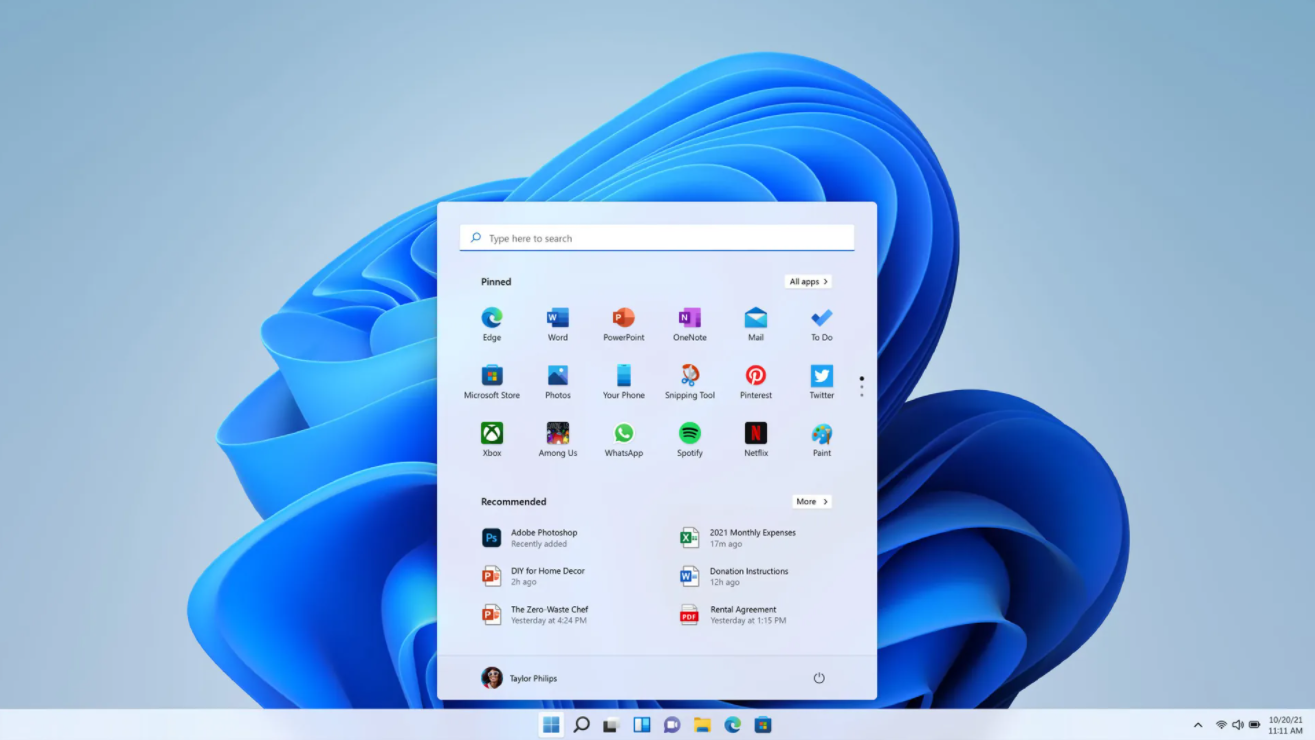1 min read//
If you already own a Windows 10 PC, then Windows 11 won’t cost you a dime.
On Thursday, Microsoft officially introduced the upcoming OS, and said it’ll arrive as a free upgrade this holiday season for Windows 10 PCs — so long as the hardware meets the system requirements.
The new OS actually requires more computing power than the base system requirements for Windows 10. But perhaps the big stumbling block is the need for a security chip called Trusted Platform Module 2.0 (TPM), which is designed to store your login information.
Not every PC may have the chip. And if your machine does, you’ll likely need to turn it on.
To find out if your PC meets the Windows 11 system requirements, you can download Microsoft’s PC Health Check app. We ran the app on a newly-built AMD-powered PC, and initially discovered our machine wasn’t eligible to upgrade to Windows 11.

Our PC was only Windows 11 eligible after we went into our PC’s BIOS settings, and activated the TPM chip — a process that may be too technical for the average consumer.

The company hasn’t explained the reasoning for the TPM requirement. But in a blog post, Microsoft said: “Since launching Windows 10 six years ago, a lot of hardware innovation has happened in the PC space. For Windows to move forward and take better advantage of the latest innovations, we need to update the baseline system requirements for modern PCs.”
Windows 11 still requires the PC to have a 1GHz or higher processor. But the specs now mention the need for at least a dual-core 64-bit chip or a system-on-a chip SOC.
Windows 10, on the other hand, supports 32-bit processing, although Microsoft began phasing this out last year.
 Windows 11 minimum system requirements. (Credit: Microsoft)
Windows 11 minimum system requirements. (Credit: Microsoft)
The other change involves the memory. Windows 11 requires at least 4GB of RAM and 64GB of PC storage —an increase from the 1GB of RAM and 32GB of storage needed for Windows 10.
The graphics and display requirements are also going up. To run Windows 11, the PC needs a graphics card or CPU compatible with DirectX 12, which was launched back in 2015. The machine also has to be connected to display with at least a 720p resolution. In contrast, Windows 10 required a GPU compatible with at least DirectX 9 and a display with a 800 by 600 pixel screen.
The free Windows 11 upgrade roll out will continue from the holidays into 2022. So consumers won’t need to upgrade immediately.











